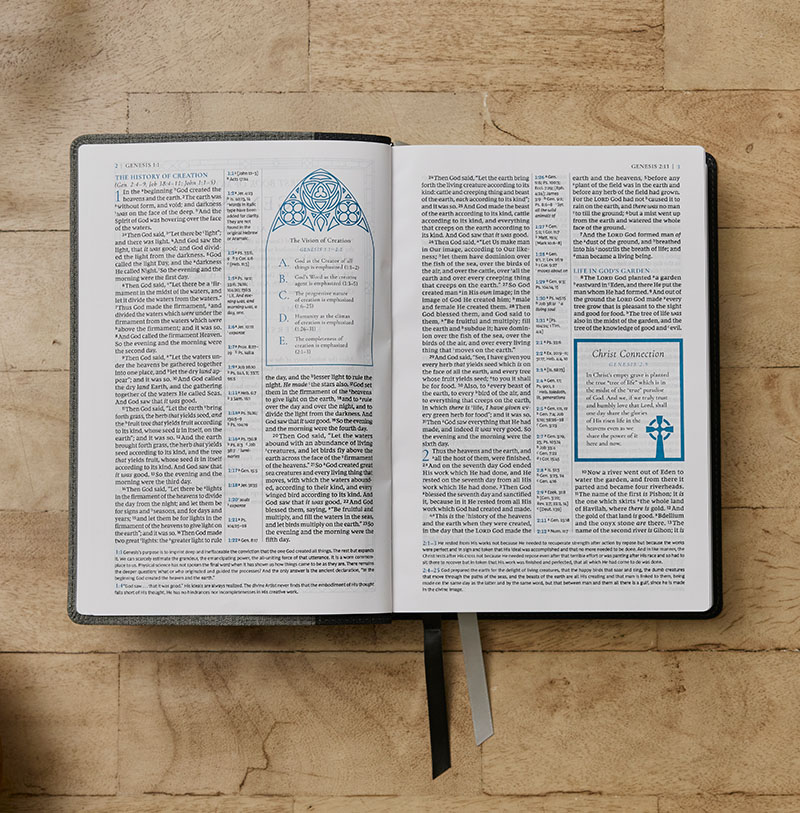Jude’s letter is hard-hitting, short, and right to the point. False teachers are on the loose in the church, and Jude wants to make sure his readers understand the destructive implications of their teaching. He urges Christians to resist these false teachers and to defend the faith and the body of truth received from the apostles that they have come to know and believe. He finishes by reminding them of the hope they have in knowing Christ is coming again.
Who Was Jude?
In spite of its limited subject matter and size, Jude was accepted as authentic and quoted by early church fathers. It is unlikely that the author is the apostle Jude (Luke 6:16) but rather Jude the brother of Jesus and James (called Judas in Matt. 13:55 and Mark 6:3). Because of the silence of the New Testament and tradition concerning Jude’s later years, we cannot know where or when this epistle was written.
What Is Jude About?
According to Alexander Maclaren, the Book of Jude probably was written by Jesus’ half brother named Jude, a leader in the early church. Jude’s intended audience is wide, including the whole Christian community, despite “nationality, race, culture, and general outlook on life.” The majority of the epistle is directed against false teachers who have moved into the church. Yet, in verse 20, the tone changes. Maclaren said that, “after the thunderings and lightning, he turns from them with a kind of sigh of relief in this emphatic, ‘But ye, beloved.’ The storm ends in gentle rain.”
Key Verse of Jude
Jude 3: “Beloved, while I was very diligent to write to you concerning our common salvation, I found it necessary to write to you exhorting you to contend earnestly for the faith which was once for all delivered to the saints.”
Key Theme: Contend for the faith. This epistle is intensely concerned with the threat of heretical teachers in the church and the believer’s proper response to that threat. The contents reveal two major purposes: first, to condemn the practices of the ungodly libertines who were infesting the churches and corrupting believers; and second, to counsel the readers to stand firm, grow in their faith, and contend for the truth.
The Jesus of Jude
In contrast to those who stand condemned by thier licentiousness and denial of Christ (v. 4), the believer is “preserved in Jesus Christ” (v. 1). Jude tells his reader to “keep yourselves in the love of God, looking for the mercy of our Lord Jesus Christ unto eternal life” (v. 21).
But at the same time, the Lord is “able to keep you from stumbling, and to present you faultless before the presence of His glory with exceeding joy” (v. 24).







1 reply on “Who was Jude?”
Absolutely enjoyed reading this article which whets my appetite for more!